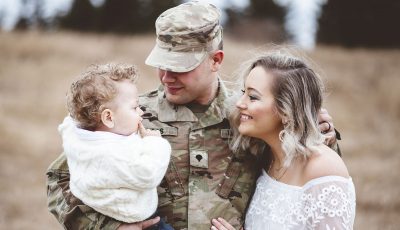Tenting program to prioritize homes with major damage
The newly-created Temporary Emergency Tent and Roofing Installation Support program, or TETRIS, will prioritize homes that sustained major damage or were completely leveled by Super Typhoon Yutu.
The TETRIS program, which was created through a collaboration between the Federal Emergency Management Agency and the CNMI government, aims to help storm-impacted residents returning to or remaining in their homes while permanent repairs are being completed.
According to CNMI Homeland Security public information officer Nadine Deleon Guerrero, assessments are still underway and homes that were completely damage or sustained major damage are being prioritized.
With the huge demand for tents, individuals who are in dire need of temporary homes will be prioritized.
For the roofing part, Deleon Guerrero said there is no shortage of tarps or temporary roofing supplies like tin and lumber.
For individuals to be considered for the program, three assessments must be done by three different parties; FEMA, the CNMI government, and the American Red Cross NMI Chapter.
The TETRIS program is an expansion of the CNMI Tenting Program to include Saipan and Tinian with greater outreach and the inclusion of potential roofing repair.
The TETRIS program will use technical specialists, FEMA funding, and manpower from state and military partners. All four branches of the military family are represented. FEMA and the Commonwealth will reimburse the military for their expenses.
The roofing program will be available to damaged homes identified during recent and ongoing damage assessments.
Single-family homes, duplexes, and townhomes may be eligible for the roofing component of the program. Apartment complexes and businesses will not be eligible.
Buildings must be structurally sound so approved emergency work can be made safely and will provide suitable shelter.
State and military partners are providing the labor to install the roofing and some of the tent installations as local contractors and volunteers are in short supply.
All impacted CNMI residents may be eligible for these programs, regardless of citizenship.



























